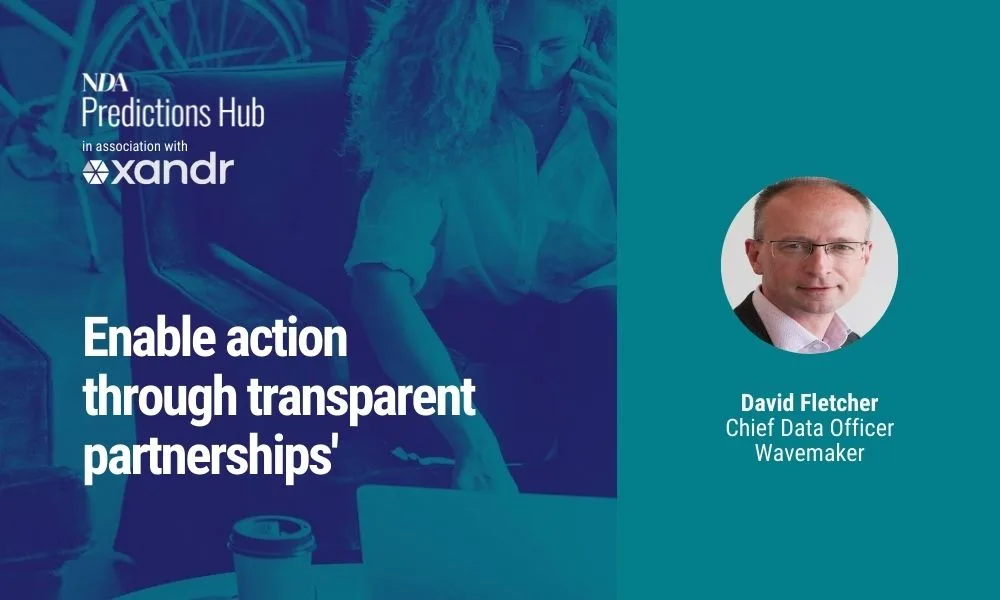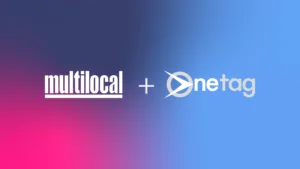NDA, in partnership with Xandr, is collecting the views of some of our industry’s leading figures for their predictions on 2022 and beyond. Next up is David Fletcher, Chief Data Officer, Wavemaker.
Are walled gardens from the tech giants an opportunity or challenge for digital advertising?
Every challenge creates an opportunity for someone, and there are enough challenges to give opportunities for all. For many advertisers, walled gardens are the realpolitik of GDPR – creating hurdles of data compliance that are sufficiently close to the benefits of advertising to create material incentive for change with practical guidelines attached.
Beyond that it depends on your perspective. Platforms will be able to provide more integrated experiences that will work better for brands and consumers whilst on-platform, but the bigger challenge will be extending that integration between platforms, and between platforms and real life – there’s a critical role for agencies here.
What do we need to do to build a healthier ecosystem and how can we ensure this is sustainable long term?
All of us now have sustainability thinking at the forefront of our daily thinking – and whereas this is most acute in the era-defining challenges of climate, we are increasingly aware of sustainability in areas such as mental wellbeing, particularly in employment practice.
It is not a big leap to apply the same principles to advertising and especially the use of data. Only take out what you put in and ask yourself the same questions of data as you do with your food: provenance, quality, freshness, and you’ll be halfway there.
What role will contextual play in 2022?
Hopefully a much bigger one. It is basic human nature that how we think, feel and behave is at least as defined by context as it is by who we are.
So much digital advertising – because it can – has ignored the context signals because the identity signals have been so strong. As technologies improve to allow the identification of and response to context to be sharper, they will better balance evolved identity signals to create a better experience for people. That’d be good.
Is the demise of the cookie the end of personalised advertising?
No, but it will cause a beneficial rethinking of the what and why of ‘personalised’ advertising. Personalisation shouldn’t be the end goal in the majority of instances when what we’re really after is resonance with individuals at scale.
The great TV spot that becomes a national talking point does that, as does the customisable and shareable branded game/promotion experience, but we are also hard wired to recognise people like us: my type of home, my type of age, my interests and a lot of that can be achieved through customisation to cohorts – i.e. working with segments – rather than personalisation per se.
Even where highly specific sectors (cars, holidays, finance etc) are rich in first-party data there is a limit to how specific it is beneficial to be in advertising; none of us want to think we’re automata – ‘leading’ rather than ‘telling’ is likely to yield better results.









